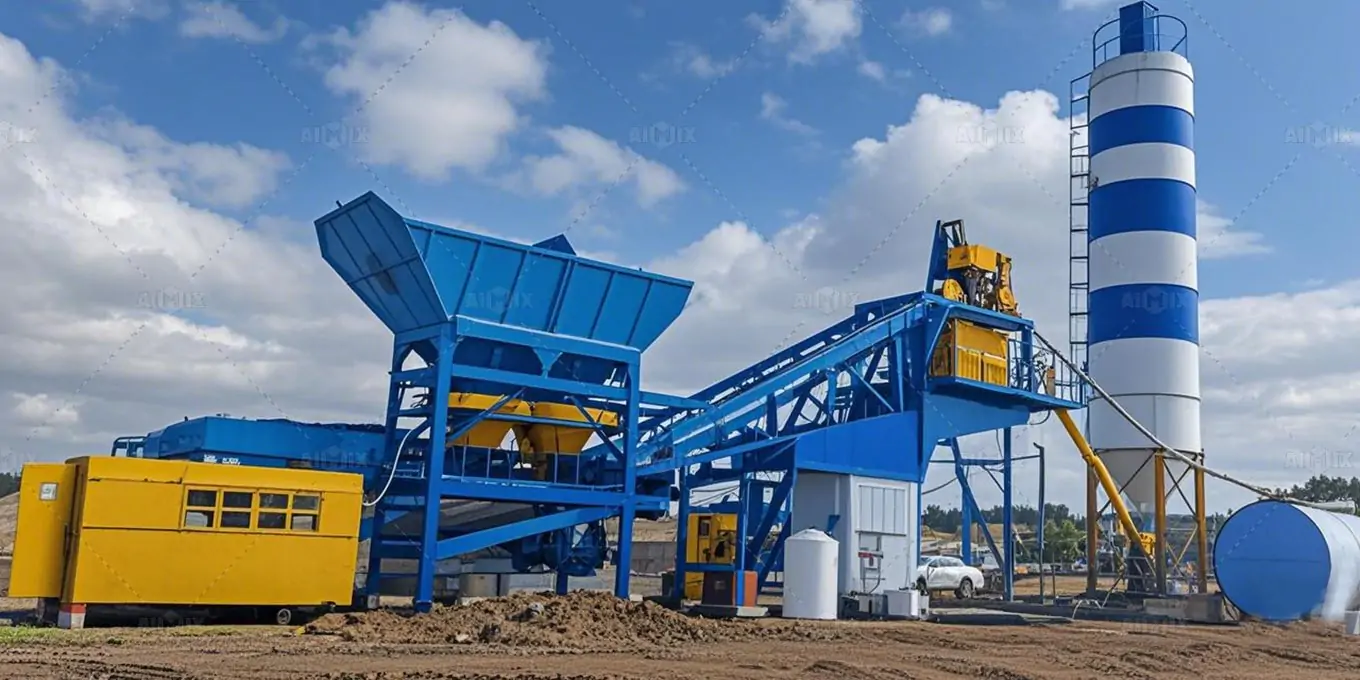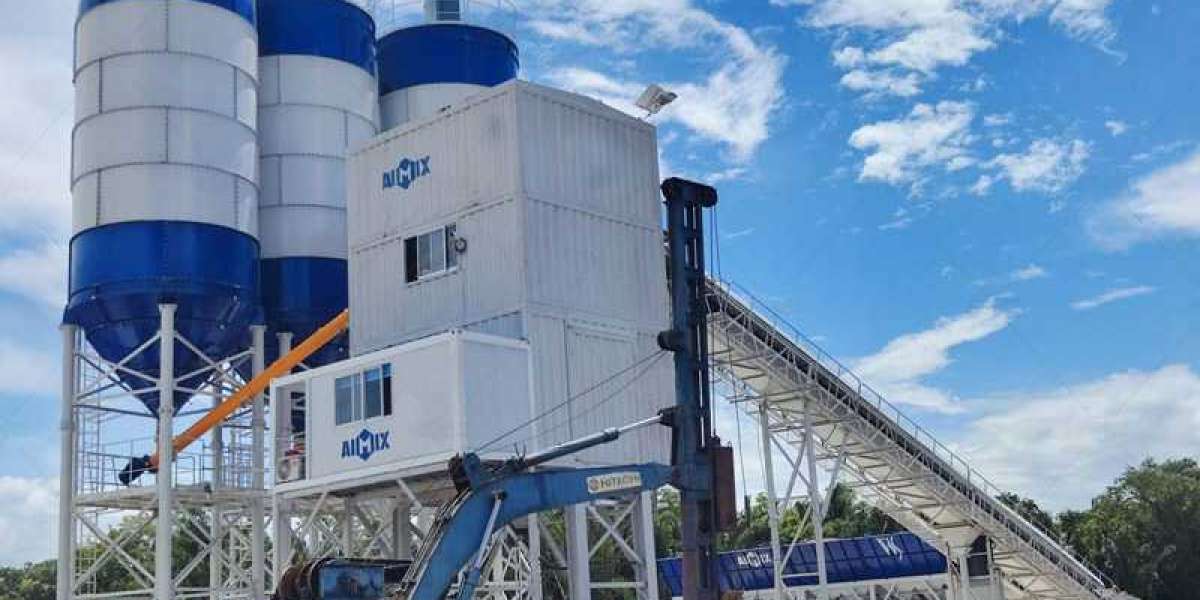The concrete industry stands at a crossroads, facing increasing pressure to reduce its environmental footprint while maintaining productivity. Traditional batching plants, long considered necessary evils of construction, now have the opportunity to undergo remarkable transformations through strategic green retrofits. By implementing targeted upgrades, concrete batching plant operators can significantly decrease emissions, conserve resources, and future-proof their operations against tightening environmental regulations. This transition isn't just about compliance—it represents a fundamental shift toward sustainable construction practices that benefit both business and the environment.
Modern retrofit solutions offer surprisingly cost-effective pathways to sustainability. From advanced filtration systems to intelligent material handling, these innovations demonstrate that environmental responsibility and operational efficiency aren't mutually exclusive. The following sections explore practical approaches to greening your batching plant, revealing how thoughtful modifications can yield measurable improvements in energy consumption, waste reduction, and overall environmental impact.
Energy Efficiency Upgrades for Core Systems
Smart Motor and Drive Replacements
Conventional motors in batching plants often operate at constant speeds regardless of actual demand, wasting substantial energy. Retrofitting with variable frequency drives (VFDs) and high-efficiency IE3 or IE4 motors can reduce energy consumption by 20-50%. These intelligent systems automatically adjust power output to match real-time requirements, particularly beneficial for mixer drives and conveyor systems that experience fluctuating loads.

Thermal Optimization Strategies
Heating systems account for significant energy use in concrete production. Implementing waste heat recovery systems captures thermal energy from exhaust gases, while advanced burner technologies optimize fuel combustion. Insulation upgrades for hot water pipes and aggregate storage bins further minimize thermal losses, creating compounding energy savings throughout the production cycle.
Material Handling and Waste Reduction
Closed-Loop Water Recycling
Water represents one of the most wasted resources in traditional ready mix batching plants . Modern water reclamation systems filter and reuse washout water, potentially reducing freshwater consumption by up to 80%. These systems incorporate sedimentation tanks, pH balancing, and advanced filtration to ensure recycled water meets quality standards for concrete production.
Precision Batching Technology
Upgrading to computerized batching systems with gravimetric measurement significantly reduces material overuse. These systems achieve measurement accuracy within 0.5%, minimizing cement and aggregate waste while improving mix consistency. Some advanced systems even incorporate real-time material tracking to optimize inventory management and reduce spillage.
Emission Control and Air Quality Improvements
Advanced Dust Collection Systems
Modern baghouse filters and electrostatic precipitators can capture up to 99.9% of particulate matter from batching operations. Retrofitting these systems often pays for itself through recovered material savings alone. Strategic placement of collection points at material transfer locations maximizes effectiveness while minimizing system energy requirements.

Low-Emission Admixture Solutions
Incorporating green chemistry into concrete formulations reduces harmful emissions at the source. New generations of bio-based plasticizers and accelerators maintain performance while lowering VOC emissions. Some plants combine these with enclosed admixture dosing systems to further minimize atmospheric release during batching.
Renewable Energy Integration
Solar-Assisted Power Generation
Batching plants typically have large roof areas ideal for photovoltaic installations . Even partial solar coverage can offset 15-30% of a plant's energy needs. New modular solar solutions specifically designed for industrial applications make retrofitting simpler, with minimal disruption to ongoing operations.
Alternative Fuel Capabilities
Retrofitting heating systems to accept biofuels or waste-derived fuels provides immediate carbon reduction benefits. Many modern burners can operate on multiple fuel sources, allowing mobile concrete plants to transition gradually while maintaining operational flexibility. This approach often qualifies for green energy incentives while future-proofing against fossil fuel volatility.
The journey from polluting to sustainable batching doesn't require complete plant replacement. As these retrofit options demonstrate, strategic, phased upgrades can deliver meaningful environmental benefits while maintaining—and often improving—operational efficiency. The most successful transformations begin with energy audits and material flow analyzes to identify the highest-impact opportunities specific to each facility. With careful planning and the right technology partners, any batching plant can embark on its sustainability journey today.






